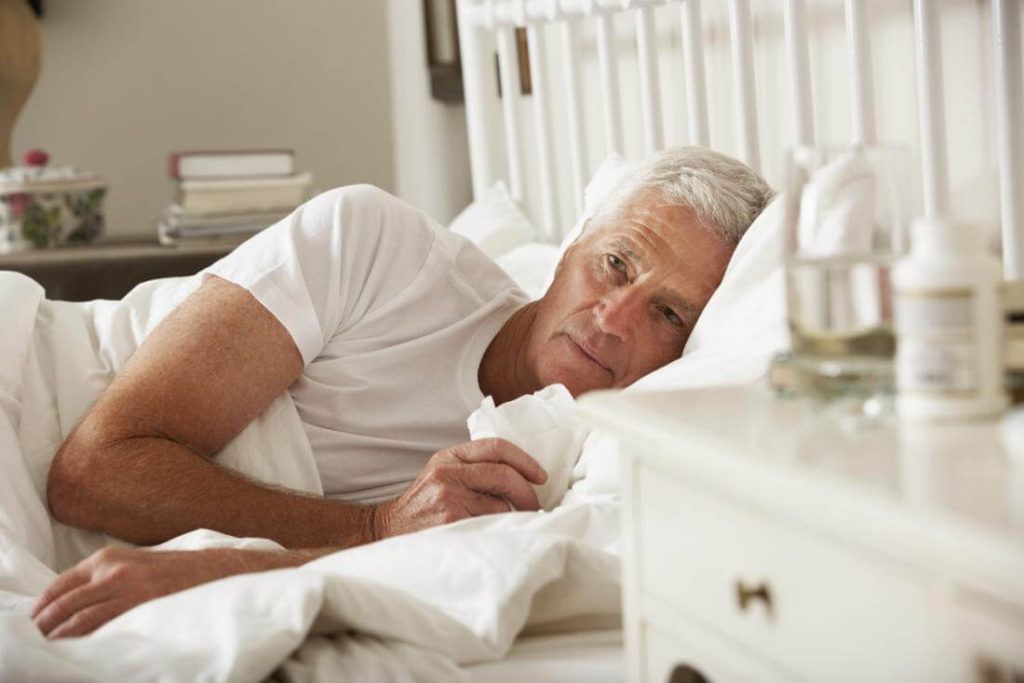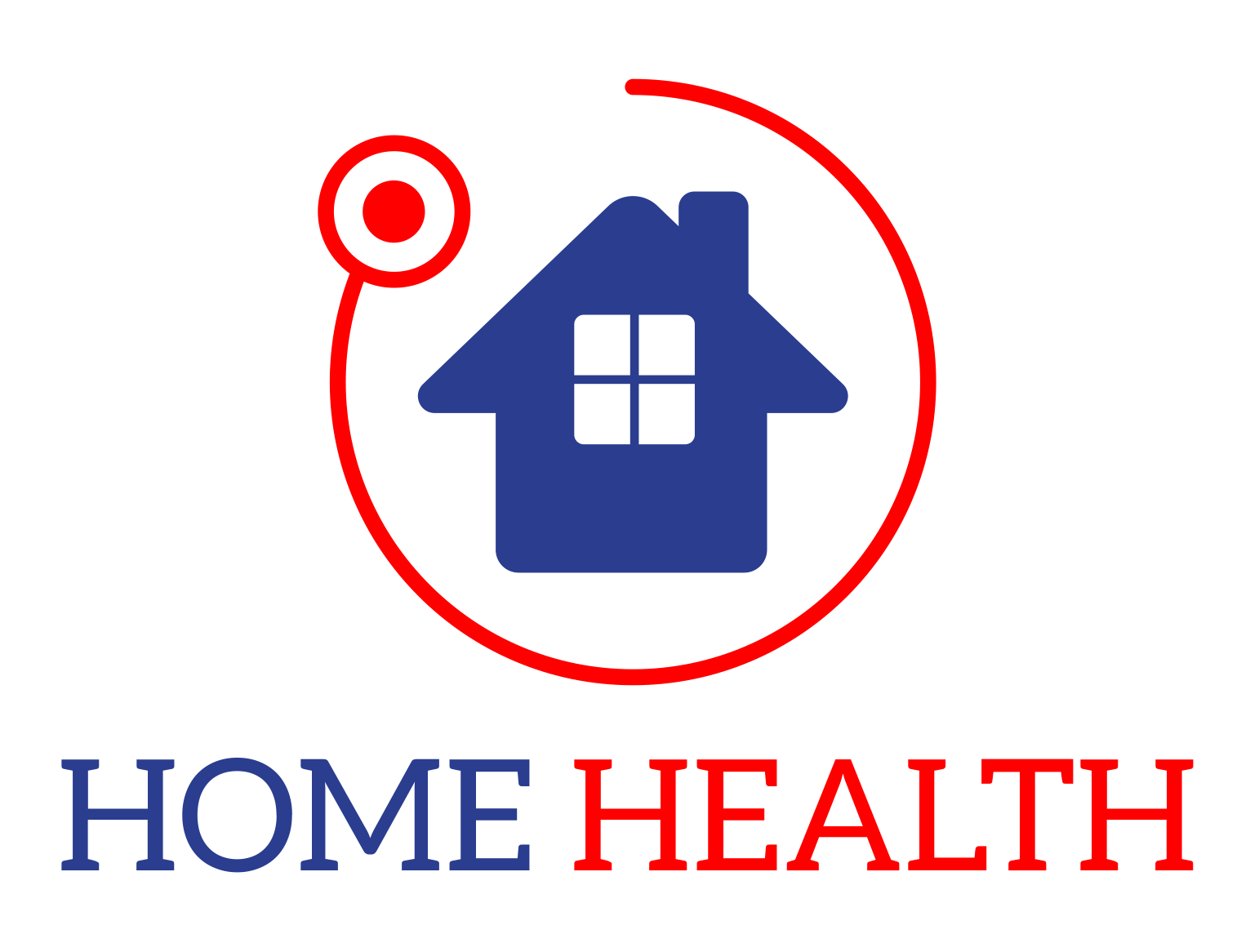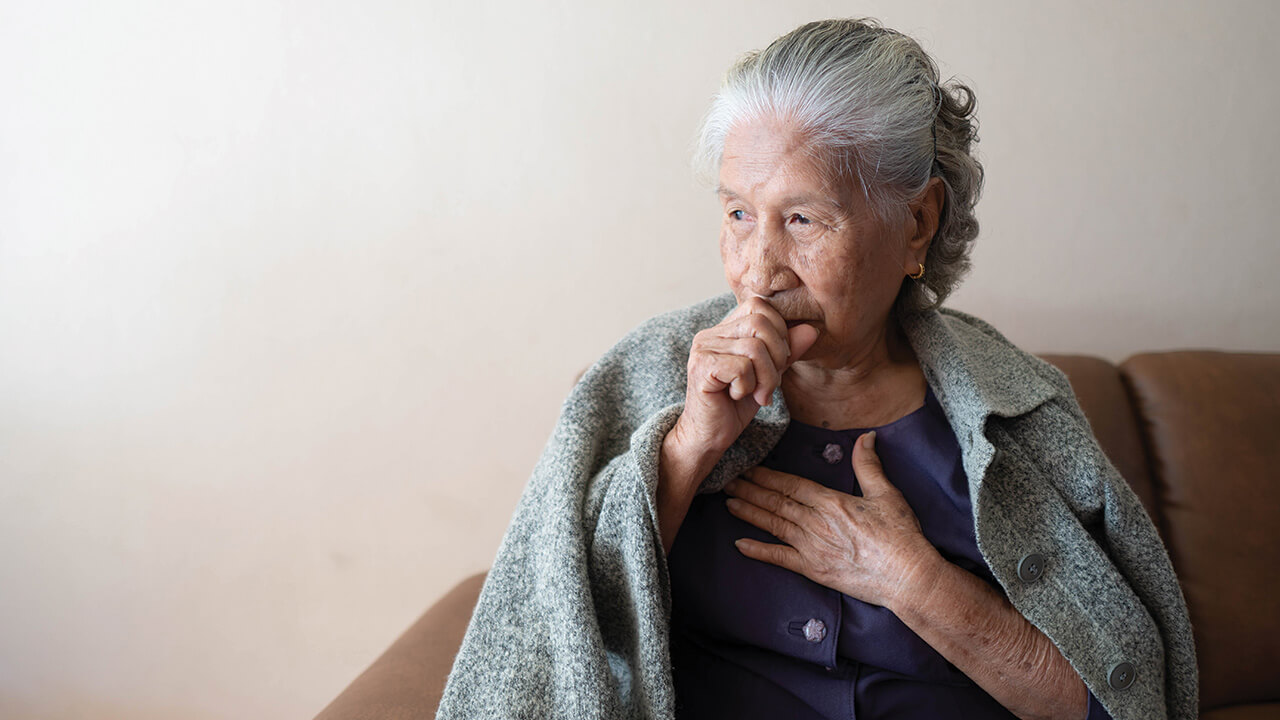What causes pneumonia in Elderly?
An elderly individual who develops pneumonia is in for a significant health challenge that has the potential to prove fatal, especially if unaddressed in a timely manner. When in doubt, err on the side of caution by visiting with a physician if you suspect the senior you love so much might have pneumonia.
Pneumonia in senior citizens is typically the result of exposure to a virus, bacteria or even the coronavirus, also referred to as COVID-19. Furthermore, the flu, also known as influenza virus, is one of the top causes of viral pneumonia. To be more specific, when a senior citizen heads to the hospital for pneumonia treatment, he or she is treated for specific organisms referred to as Mcyoplasma pneumoniae and Streptococcus pneumoniae.
If you or the senior in your life experience chest pain, don’t assume it will pass. It could be the start of pneumonia, a collapsed lung in elderly, or even end stage pneumonia in elderly. At home pneumonia treatment for the elderly as detailed below will certainly help yet you should not hesitate to reach out to a medical professional for treatment if the at-home approach doesn’t work. Without further ado, let’s delve into the symptoms, survival rate and other important details of elderly pneumonia.
What are the symptoms of pneumonia in the Elderly?
Senior citizens saddled by pneumonia are likely to exhibit several common symptoms. Examples of signs of pneumonia in elderly adults will differ from one senior to the next yet there will probably be at least a couple common threads that bind them together. Examples of such symptoms include diarrhea, vomiting, nausea, reduced body temperature, sweating, fatigue and more.
Some seniors experience a harsh cough that generates phlegm. Others endure chest pain when coughing and breathing. In some cases, elderly individuals experience alterations in awareness or general confusion when saddled by pneumonia.
Can pneumonia cause confusion in Elderly?
Indeed, it is possible for pneumonia to result in confusion. Adults age 65 and older as well as adults who are younger sometimes experience confusions, alterations in mental ability and forgetfulness.

Is pneumonia deadly in Elderly?
Pneumonia has the potential to prove deadly in senior citizens. The pneumonia death rate for individuals in the United States is slightly less than 17 for every 100,000 individuals.
Survival rate of pneumonia in Elderly
As noted above, the death rate for people with pneumonia is just under 17 for every 100,000 individuals in the United States. The death rate increases as time progresses, climbing to nearly 28 for individuals between the ages of 65 and 74 and just under 99 for those between the ages of 75 and 84.
Do elderly patients recover from Pneumonia?
The statistics above reveal it is difficult for those who have reached octogenarian status and older to survive pneumonia. However, the senior citizen death rate after developing pneumonia is significantly less for individual younger than 74. Factor in the nuances of each patient’s health and the chances of recovering from pneumonia change that much more. In short, it is difficult to predict if an elderly patient will bounce back from a bout with pneumonia.
Long-term effects of pneumonia in Elderly
Studies show older individuals provided treatment for pneumonia were two times as likely to become cognitively impaired. Though some of that impairment was relatively mild and did not impact the activities of daily living, the cognitive decline was more significant in other seniors. It is worth noting the majority of those who bounce back from pneumonia do not have lasting lung damage. However, pneumonia resulting from contracting COVID-19 is that much more likely to spur lengthy symptoms and possibly even acute respiratory distress syndrome.
How to prevent pneumonia in Elderly
The most important thing seniors can do to prevent pneumonia is to get the vaccine. Schedule an appointment for your pneumococcal vaccine and you will rest easy knowing you have done your part to prevent a potentially deadly battle with pneumonia. Don’t forget to get your flu shot on a yearly basis without exception. Above all, live a healthy lifestyle, consume a nutritious diet full of diverse foods, avoid smoking and maintain personal hygiene, especially after socializing.
Pneumonia treatment at home for Elderly
A senior saddled by pneumonia is dealing with aches and pains along with a litany of other health issues. However, the most pressing need is hydration as water is essential for biological processes. Focus on consuming fluids and it will facilitate a timely recovery. The body even secretes a hormone referred to as an antidiuretic hormone, when dehydrated, meaning the body is doing everything possible to retain fluid.
Down some water along with a low-sugar sports drink containing electrolytes and your body will receive an infusion of hydration including electrolytes that add sodium to the blood for a jolt of energy. Hydration and nourishment don’t start and stop with water and sports drinks. Enjoy some chicken broth and drink warm tea as well. Gargle with salt water and mix some honey into your tea.
Use a cool-air humidifier to maintain the optimal level of moisture in the air. The addition of moisture to your home will minimize the irritation in your throat ad nose so be sure to operate the humidifier throughout the night as you sleep. A well-lubricated throat and nose allow air to move through the passageways without impediment, ensuring a sound night of restful sleep.
Pneumonia patients are encouraged to be mindful of how they breathe, especially in terms of depth and cadence. Consider sleeping on your stomach to ensure mucous does not impede with the breathing process while sleeping. However, if you find it is difficult to breath regardless of your sitting or sleeping position, don’t hesitate to reach out to a physician for assistance. Though some home remedies might prove helpful, there is a chance that you will need professional medical treatment. As an example, a healthcare provider will use x-rays to gauge the pneumonia’s severity and establish a course of treatment.


